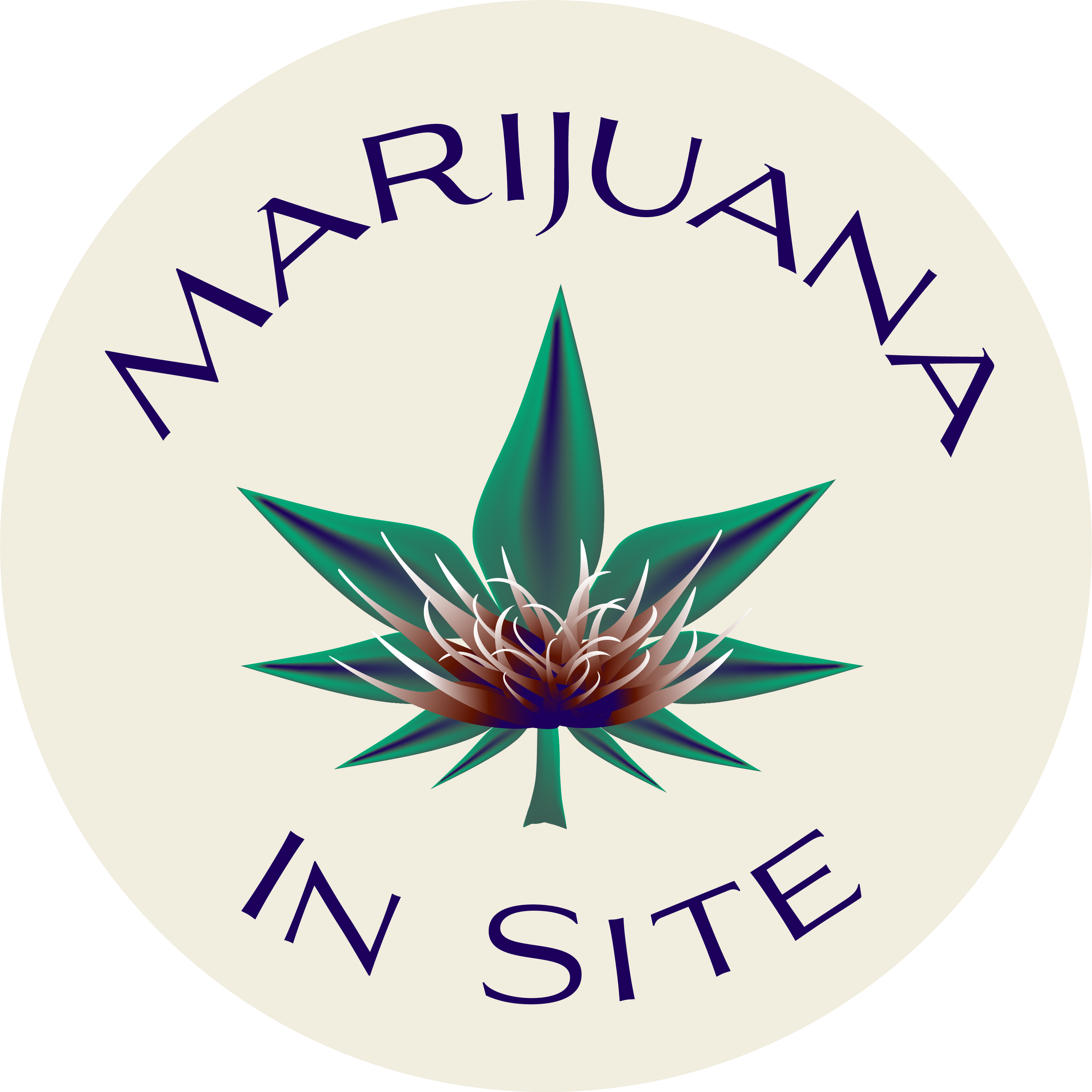Post-Traumatic Stress Disorder (PTSD) is a complex mental health condition that affects millions of individuals worldwide. Traditional treatments often include therapy and medication, but for some, these options may not provide the desired relief. In recent years, medical cannabis has emerged as a potential alternative for managing the symptoms of PTSD. This overview explores the role of medical cannabis in treating PTSD and the research behind its effectiveness.
Understanding PTSD
PTSD is a mental health disorder that can develop after experiencing a traumatic event. Common triggers for PTSD include combat, sexual assault, natural disasters, and accidents. The condition is characterized by a range of symptoms including:
- Intrusive Thoughts and Memories: Flashbacks or nightmares related to the traumatic event.
- Avoidance Behaviors: Avoiding places, people, or situations that may remind the individual of the trauma.
- Negative Changes in Mood and Thinking: Persistent negative emotions, feelings of guilt, and difficulty concentrating.
- Arousal and Reactivity: Heightened startle response, difficulty sleeping, and irritability.
Traditional treatments for PTSD often involve psychotherapy, particularly cognitive-behavioral therapy (CBT), and medication such as antidepressants and anti-anxiety drugs.
Medical Cannabis and PTSD
Medical cannabis has gained attention as a potential treatment for PTSD due to its interaction with the endocannabinoid system (ECS), which plays a role in regulating stress and emotional responses. The two primary cannabinoids of interest in treating PTSD are tetrahydrocannabinol (THC) and cannabidiol (CBD).
- THC: THC is the psychoactive compound in cannabis and it interacts with CB1 receptors in the brain and central nervous system. This interaction can affect memory, mood, and perception of pain, potentially helping individuals manage the intrusive thoughts and negative emotions associated with PTSD.
- CBD: CBD is a non-psychoactive compound in cannabis that interacts with the ECS in more indirect ways. It’s believed to reduce anxiety and stress, making it a potential option for mitigating some PTSD symptoms.
Scientific Research
While anecdotal reports suggest that medical cannabis can provide relief to some individuals with PTSD, the scientific research is still in its early stages. Several studies and clinical trials have been conducted to investigate the effects of medical cannabis on PTSD with some promising findings.
- Cannabis temporarily relieves PTSD symptoms, study suggests | ScienceDaily
- What Does a Systematic Review of Cannabis and PTSD Tell Us? That We Need to Learn More | Psychiatrist
Considerations and Caution
It’s important to note that while medical cannabis may offer relief to some individuals with PTSD, it’s not a one-size-fits-all solution. Individual responses to cannabis can vary and there are potential side effects including impaired cognitive function, dry mouth, and dizziness.
Furthermore, the legality of medical cannabis varies by region and it’s essential to adhere to local laws and regulations. If you’re considering medical cannabis for PTSD, consult with a healthcare professional who can provide guidance tailored to your specific needs.
Final Thoughts
Medical cannabis is a topic of growing interest in the treatment of PTSD. While research is ongoing, some individuals report relief from their symptoms by using medical cannabis. It’s crucial for individuals with PTSD to explore their options and work closely with healthcare professionals to determine the most suitable treatment plan for their unique needs.



